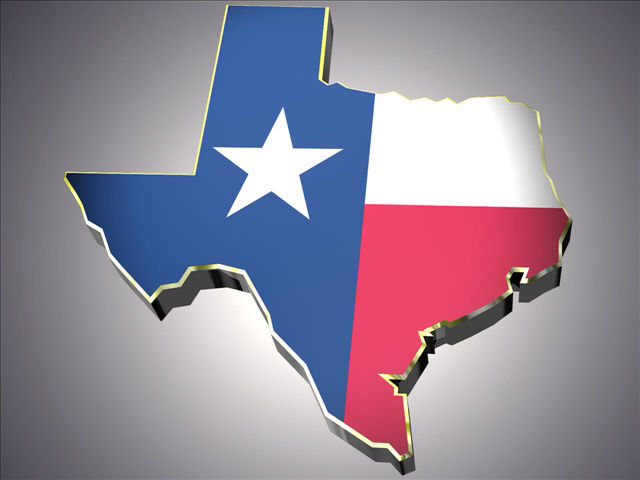AUSTIN — Whip around a corner in the University of Texas Union Theater and comedian Larry Wilmore might be taking a swig of water. Nearby, 2018 Senate candidate and U.S. Rep. Beto O’Rourke, D-El Paso, could be huddling with friends. In Hogg Auditorium next door, law enforcement might be talking about how to handle a natural disaster.
These are the kind of things that happen at Texas Tribune Festival, an annual, innovative three-day event exploring the state, and nation’s, most pressing issues. The 2017 festival took place last weekend, featuring 60 sessions and 250 speakers ranging from topics such as education, climate change, the media, President Donald Trump and much more.
Perhaps the most anticipated keynote of the weekend was a panel with the two Texas Republican Sens. John Cornyn and Ted Cruz, moderated by Tribune CEO Evan Smith. Many prominent topics were covered, from climate change to Hurricane Harvey and healthcare.
Then, Cornyn brought up the importance of the Rio Grande Valley.
“After I was elected in 2002, I went down to the Rio Grande Valley,” Cornyn said when asked about being a visible and available senator. “I said, you know, this is a really important part of our state. Our bilateral trade with Mexico, our relationship with that country, in terms of the 5 million jobs it creates in Texas. I realized that I didn’t carry the Rio Grande Valley — it’s a pretty blue area, with some exceptions. My attitude is, the election’s over. And now my responsibility is to represent every single one of you.”
It wasn’t the only Valley representation during the three-day festival.
State Sen. Juan “Chuy” Hinojosa, D-McAllen, appeared on a panel, while U.S. Rep. Henry Cuellar, D-Laredo, Brownsville native and former Ambassador to Mexico Tony Garza, and McAllen native and Tamaulipas Gov. Francisco Garcia Cabeza de Vaca all participated together on a “Trump and Mexico” panel.
The talk revolved around Trump and his “tough talk” on Mexico and Mexicans, but it also hit on the importance of updating the North American Free Trade Agreement.
“Interestingly enough, our community is much more like Laredo,” El Paso County Judge Veronica Escobar said. “A quarter of our jobs depend on trade.”
The panel mostly agreed, more or less, that despite any harsh language from Trump, updating the 23-year-old trade agreement could be beneficial.
A border wall conversation spawned anti-Trump talk from Escobar, calling the existing barrier in El Paso “disgusting.” Cabeza de Vaca invited Trump and Mexican President Enrique Peña Nieto to visit the border to “see what it’s really like.”
The wall is only in proposal stages right now, but Cuellar and Garza spoke from personal experience, having been born in the border and worked with people from both sides of it.
“Henry, I don’t want to speak for you — maybe it’s because we’re the old guys on this panel — but in the 60s, I remember physical obstacles, and that was the most efficient way to tackle security along the border,” Garza said.
However, he said that era is gone and there are now ways to integrate technology and border security.
“The truth is, if you’re really talking about security and you’re looking at the transnational threats to the United States — whether they be terrorism, cartels, transnational criminal organizations — almost by definition when you say transnational, it means transnational cooperation,” Garza said. “It means the only way you’re going to confront these menaces effectively is with cooperation with Mexico.”
It’s about technology, he added.
“The truth is, any wall that needs to be built probably has already been built,” he said. “And the fact is, in this day and age, if you’re still looking at physical obstacles as opposed to tech and cooperation, you’re looking backwards and not forwards.”





